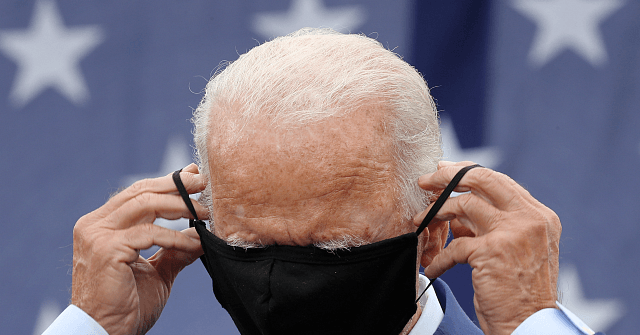Inspectors General Estimate $276 Billion of Fraud, Waste in Pandemic Relief Funds: 'Biggest Fraud in a Generation'

At least $276 billion designated as “COVID-19 relief funding” was lost via “fraud” and “waste,” according to cumulative estimates from the inspectors general of the Labor Department, Treasury Department, and Small Business Administration (SBA) shared on Thursday in testimony before a House Oversight and Accountability subcommittee in Washington, D.C. Larry Turner, inspector general for the Labor Department, estimated that $76 billion slated for “unemployment insurance” was deployed via fraudulent claims. He described the $76 billion fraud assessment as “on the low end” given that it did not include an analysis of money deployed via the Pandemic Unemployment Assistance program established in 2020. Turner expressed skepticism on recovery of misappropriated funds after Rep. Greg Casar (D-TX) considered a net revenue benefit to the government via possible pursuit of “fraudsters.” “You expect that the investments we make in pursuing that kind of fraud, we’re going get more than that amount of money back,” Casar stated. Turner replied, “I can’t say that. Once fraud goes out out of the door, it’s hard to get it back.” Sheldon Shoemaker, the SBA’s inspector general, estimated that $86 billion had been misappropriated via fraud and waste. He shared his expectation that his future revised estimate would grow, given that the $86 billion total did not yet include an analysis of the SBA’s Paycheck Protection Program (PPP) launched in 2020. He predicted a a future estimate of $100 billion or higher in losses via fraud and waste through the SBA’s “COVID-19 relief” measures, including the PPP and COVID-19 Economic Injury Disaster Loan (EIDL) program. “It will be more than $100 billion,” Shoemaker predicted of the SBA’s future and final estimate of money lost to fraud an waste via his agency’s “COVID-19 relief” spending. Shoemaker described it as “the biggest fraud in a generation.” The subcommittee’s Democrat members broadly praised the federal government’s “COVID-19 relief” operations.
They all framed economic hardship imposed upon Americans across recent years as a function of “the pandemic” as opposed to a consequence of government-imposed lockdowns and shutdowns. Follow Robert Kraychik on Twitter @rkraychik.
Read the full article at the original website
References:
